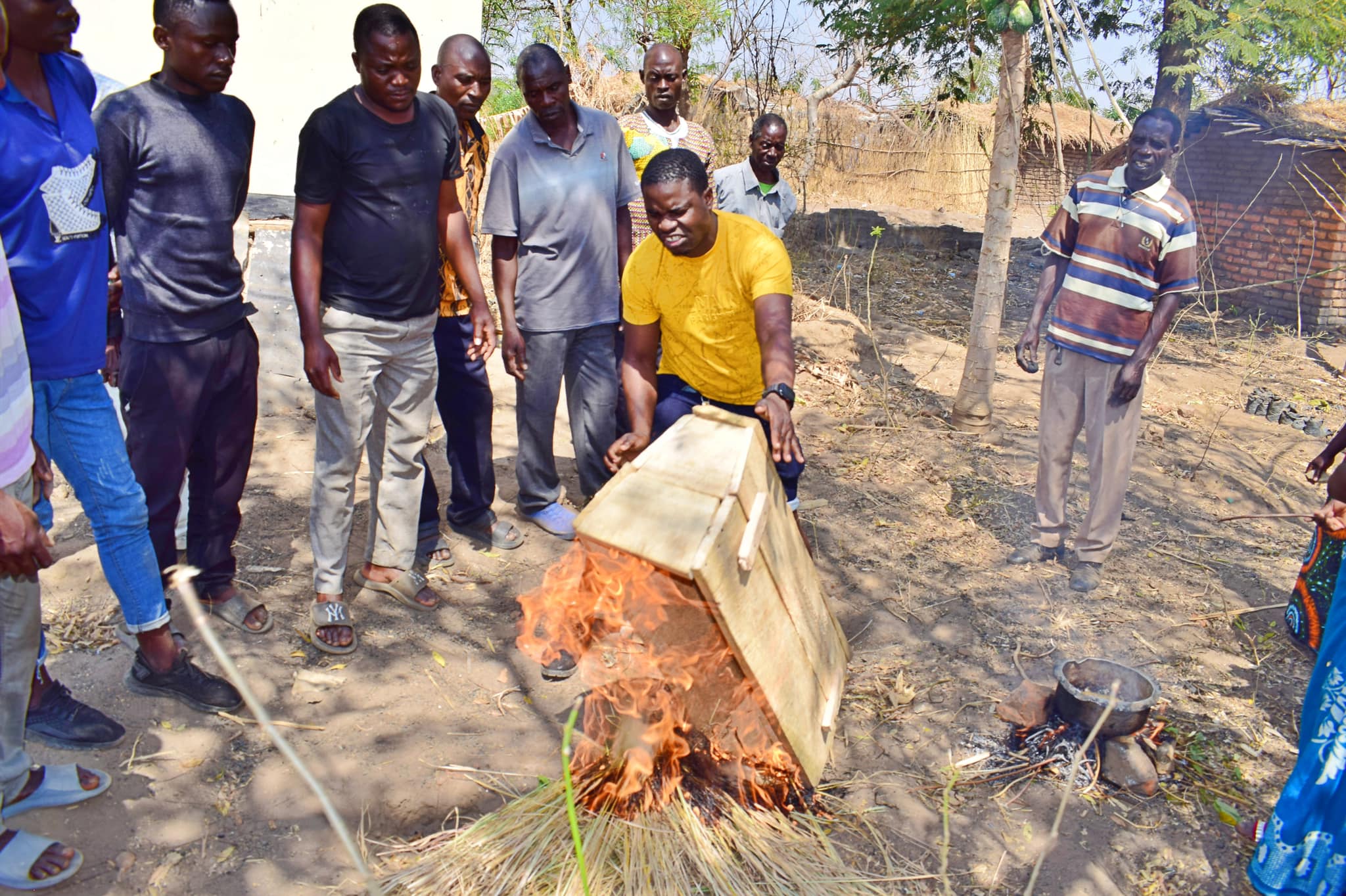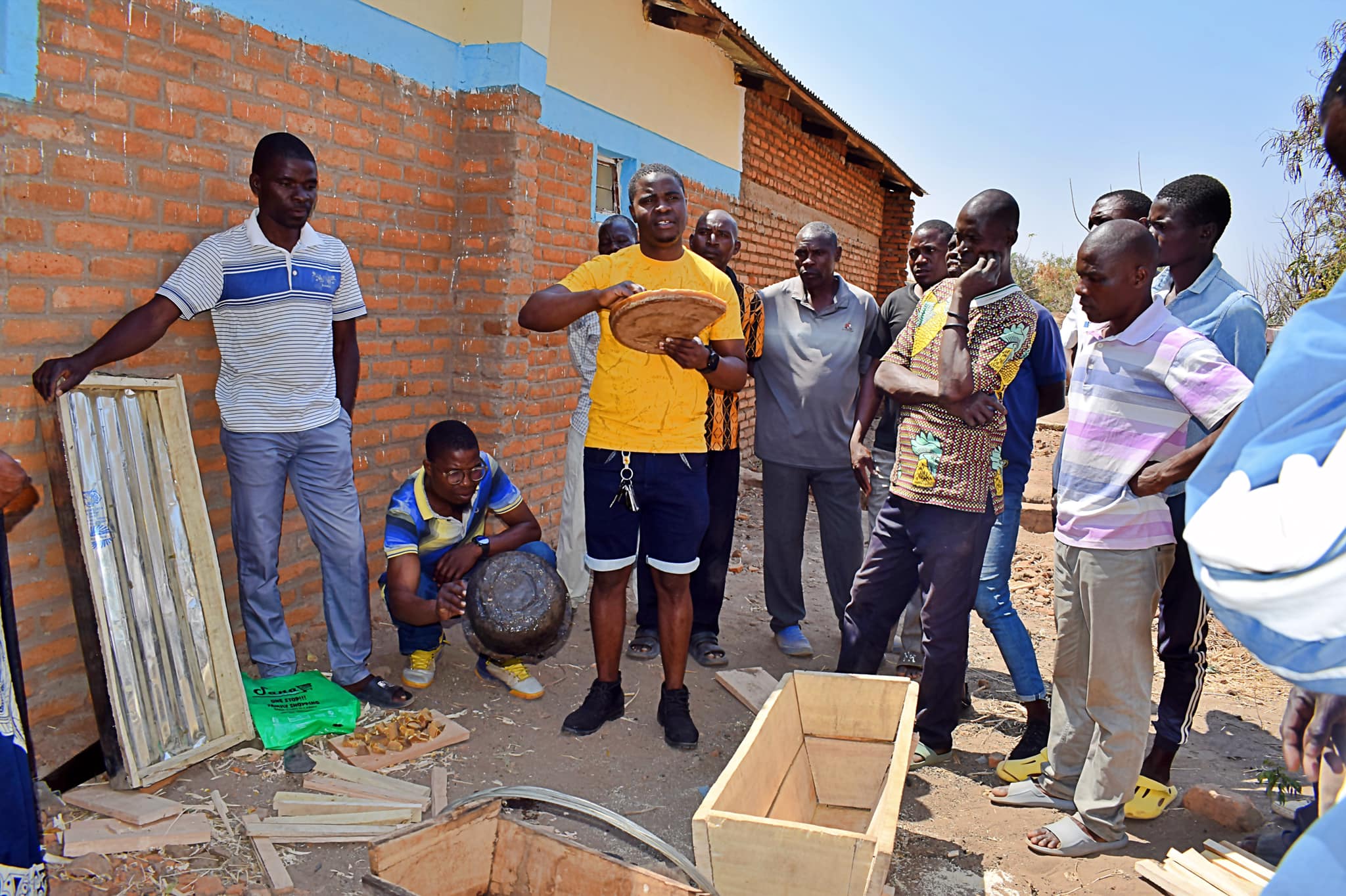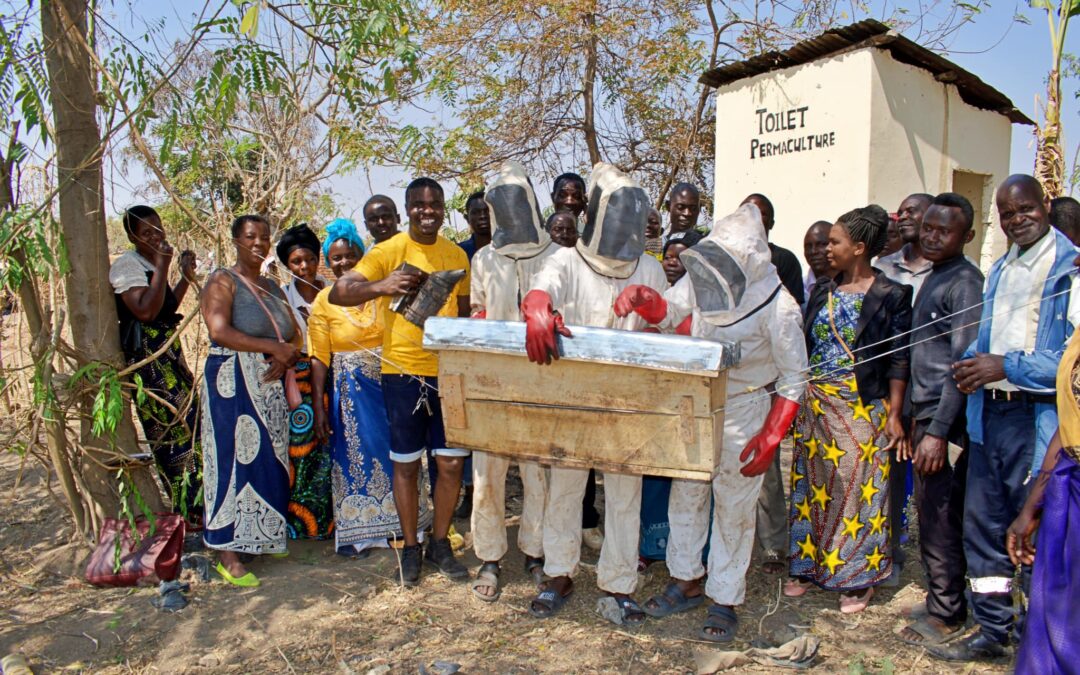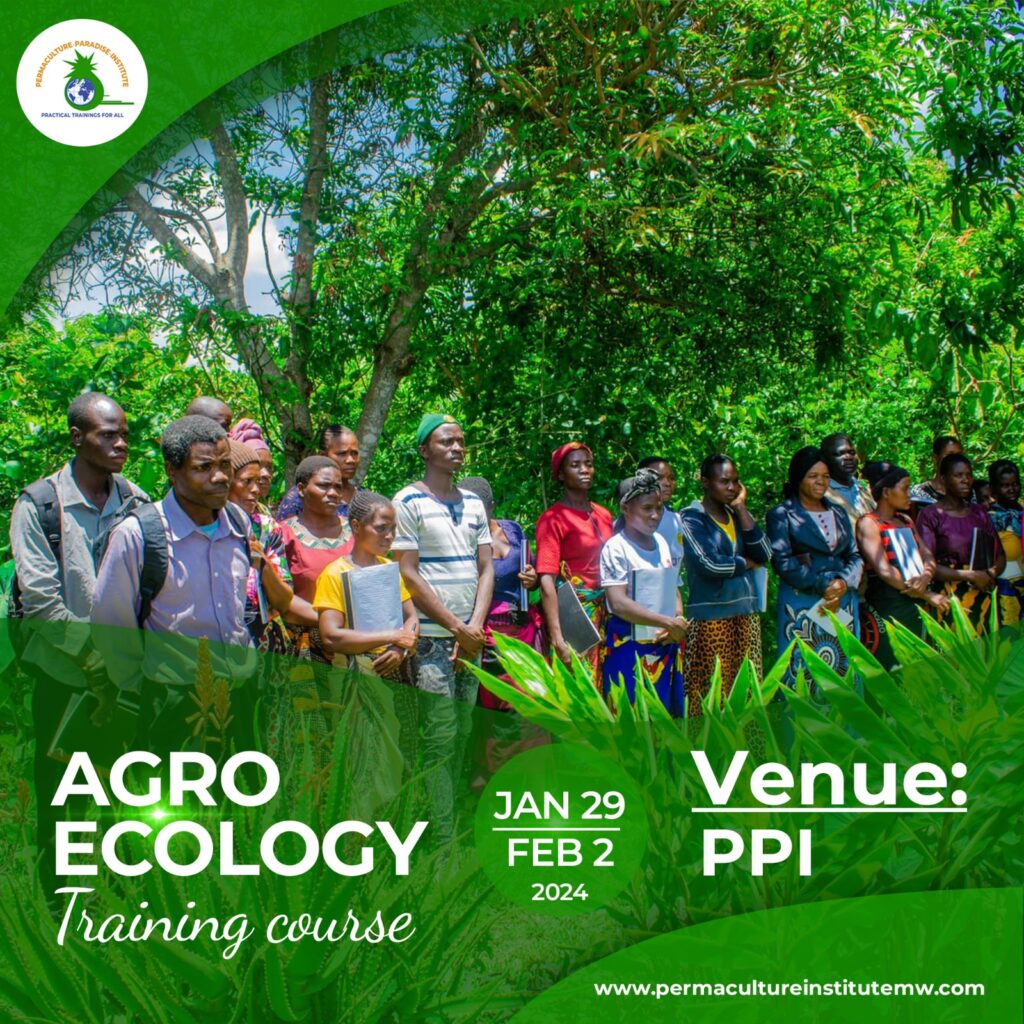Day three of the beekeeping training in Madisi Dowa was an intense and immersive experience for our dedicated farmers. The day was packed with practical sessions that took their beekeeping skills to the next level. From identifying the perfect site for hives to harvesting honey, the farmers were fully engaged in every step of the process.
We began the day by focusing on one of the most critical aspects of beekeeping: selecting the right location for the hives. Our trainers guided the farmers through the process of identifying possible sites, taking into account factors such as proximity to water sources, exposure to sunlight, and protection from strong winds. The goal was to find locations that would create the best possible environment for the bees to thrive.
Once the sites were identified, the next step was preparing the hives before hanging them. The farmers learned the importance of proper preparation, ensuring that the hives are secure, clean, and ready to house the bees. This stage is crucial for the health and safety of the colony, as it sets the foundation for a successful beekeeping venture.
With the hives prepared, it was time to move on to siting the hives and setting up the apiary. This involved carefully placing the hives in their selected locations and creating an apiary that would support the bees’ natural behavior. The farmers learned how to arrange the hives in a way that facilitates easy access for inspection and honey harvesting while minimizing disturbances to the bees.
The afternoon session was dedicated to handling and inspecting the hives. The farmers were taught how to approach the hives calmly and confidently, minimizing stress for both the bees and themselves. They practiced inspecting the hives, checking for signs of healthy brood development, and ensuring that the bees had sufficient food stores. This hands-on experience was invaluable, giving the farmers the confidence to manage their hives effectively.

As the day progressed, the focus shifted to one of the most rewarding aspects of beekeeping: honey harvesting. The farmers were guided through the process of harvesting honey, learning how to do so in a way that maximizes yield while ensuring the health and sustainability of the hive. They were taught the proper techniques for removing the honeycomb, extracting the honey, and processing it for home use or commercial sale.

The day’s activities were both exhausting and exhilarating. The farmers gained a deep understanding of what it takes to manage an apiary successfully, from the initial site selection to the final honey harvest. They left the session with a sense of achievement, having taken significant steps toward becoming proficient beekeepers.
Looking ahead, the training will continue to build on these skills, with future sessions focusing on hive maintenance, pest management, and expanding their apiaries. As we reach the midway point of this training, the farmers are more motivated than ever to see their hard work pay off, both in their food forests and in their new beekeeping ventures.
Stay tuned for more updates as our farmers continue to hone their skills, turning their knowledge into action and their efforts into sweet, golden success.



